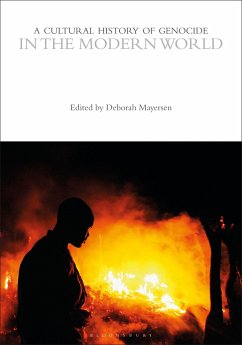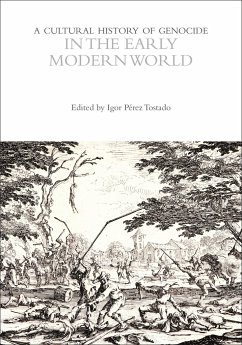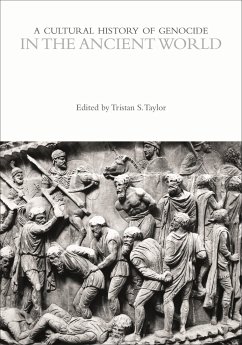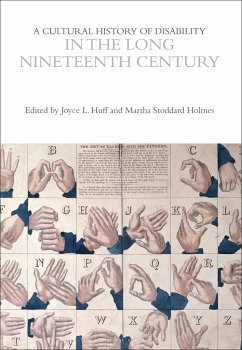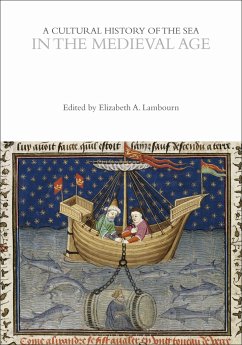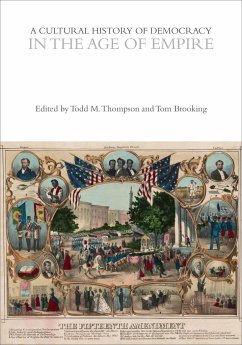
A Cultural History of Genocide in the Long Nineteenth Century
Versandkostenfrei!
Versandfertig in über 4 Wochen
36,99 €
inkl. MwSt.

PAYBACK Punkte
18 °P sammeln!
The long 19th century, approximately 1750 to 1918, was one of significant existential change for peoples across the globe. The beginning of this period saw the expansion of empires, and shortly thereafter, the Euro-American Enlightenment brought about calls for revolutions and the "rights of man". The events and ideas made way for empire and the creation of the nation-state. European states primarily concentrated their aggressive colonization in the Global South, bringing mostly white metropolitans and settlers into intimate contact with diverse African, Asian, and American populations. The in...
The long 19th century, approximately 1750 to 1918, was one of significant existential change for peoples across the globe. The beginning of this period saw the expansion of empires, and shortly thereafter, the Euro-American Enlightenment brought about calls for revolutions and the "rights of man". The events and ideas made way for empire and the creation of the nation-state. European states primarily concentrated their aggressive colonization in the Global South, bringing mostly white metropolitans and settlers into intimate contact with diverse African, Asian, and American populations. The inherent violence of imperialism eventually ushered in flashpoints of conflict, as well as indentured servitude, racial segregation, ecological destruction, and genocide throughout Europe's overseas empires. While communal destruction functioned as a central element of 19th-century genocides, colonial governments also used other methods to destroy indigenous life, such as forced assimilation, language adoption, religious instruction, and economic subjugation. Memories of these atrocities have since contributed both to systemic violence in subsequent decades, and to education about these events in the hope of genocide prevention. Yet for all of the violence, a spirit of humanitarianism developed alongside these vile actions that tried to reverse the policies of states and help the aggrieved.



